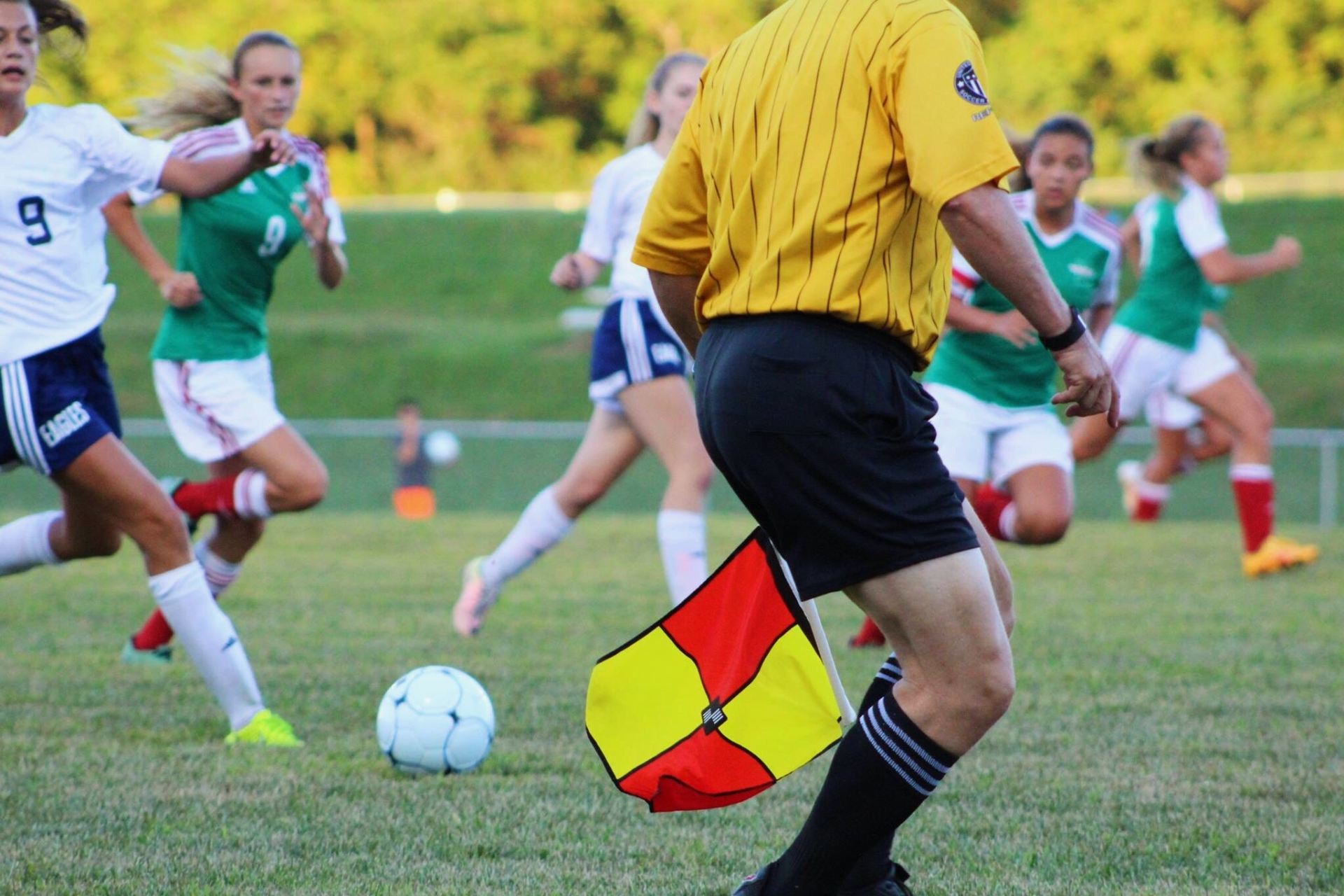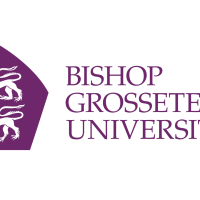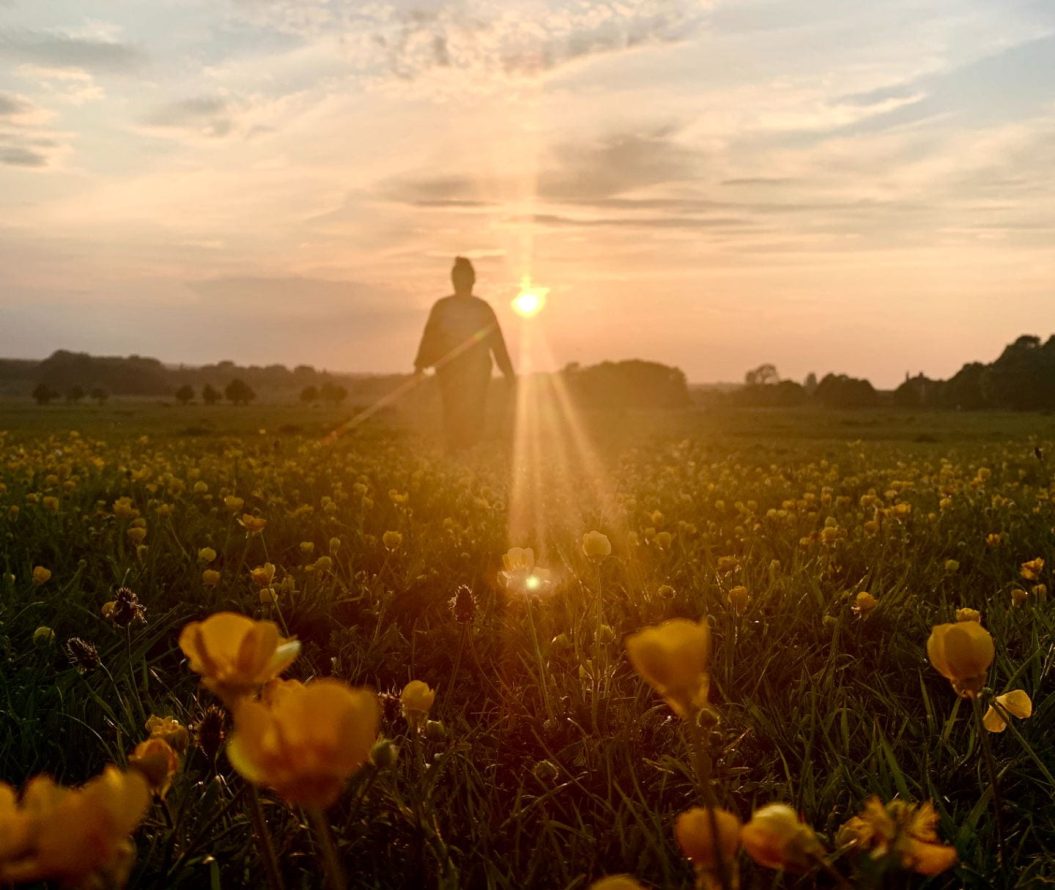A collection of articles written by students at Bishop Grosseteste University as part of their partnership on the Office for Students Mental Health Project.

Sports and societies
Joining a sport or society not only provides the benefits of doing something you enjoy, but has multiple benefits for your social life, your CV, and your mental and physical health. Sports and societies can provide you with a good opportunity to make friends with a common interest and to socialise with people you might not normally get to meet. Some sports also travel across the county to play competitively, which gives you a good opportunity to mingle with people that you may have otherwise, not met. Employers love to see that you have interests and a life outside of academics and work. Playing a sport or society shows that you integrated yourself into university life and demonstrates that you are a well-rounded individual. Lastly, sports, are great for your physical health, which can easily slide if you’re living on your own for the first time. This will help with your overall wellbeing in the long run, as well as your mental health.
Most universities will have information on what sports and societies they have to offer on their website or students union website.
Academic skills
There are several things you can do during your first year of university to help you develop your academic skills to prepare you for the rest of your education and beyond. Utilising your tutors and lecturers is an important skill to have throughout your degree. They can provide you with feedback and advice so you can self-improve and develop your academic writing skills. Many universities also have support services to learn more about how you can develop your academic abilities, whether this is through using your universities library or in your own personal writing skills. This could also involve practical skills if you are on a course that requires them.
You could also check on your university website or with an advice team if your university runs skills workshops. This could include essential skills such as using PowerPoint, academic writing skills and using different software that your university provides or that are useful to know on your course or with the career path you are hoping to follow.
Awards and initiatives
Many universities also offer different awards and courses that their students can participate in to achieve a particular goal, gain experience or showcase a range of different skills that you have. Both universities provide initiatives that run throughout the year, as well as the ones that are available year-round, therefore it is important to keep an eye out for any awards or initiatives that could benefit you. You can contact your student advice team for more guidance.
Bishop Grosseteste:
BGU offers the graduate attributes award to their students, which involves completing a series of activities to achieve certain criteria, as well as completing several volunteering hours, depending on what kind of student you are (part-time/full-time, undergraduate/postgraduate etc.) For full-time undergraduates, you must complete 40 hours of extra-curricular activity such as volunteering or working a part-time job, but these cannot include hours which you must do for your course or placement, as well as 6 development activities, which target at least one of the graduate attributes. This allows students to develop the set ‘graduate attributes’ as well as gain experience by volunteering. The graduate attributes are: academic literacies, global citizenship, information literacy, digital fluency, employability, and being enterprising. Students must complete a reflective activity when they have completed the criteria. This could include an essay, video or interview which demonstrates what you have achieved from the award. This also looks fabulous on your CV and guides you in gaining experience and skills that are invaluable for your future.
BGU also offers the volunteering award, which allows students to demonstrate how much volunteering (outside of their course requirements) that they have done. This is done using a ‘tier system’, demonstrating the number of volunteering hours an individual has done over the duration of their course (Bronze = 50 hours, Silver = 100 hours, Gold = 200 hours, and Platinum = 300 hours). This award is beneficial especially if you don’t want/have employment during university, as it can demonstrate to employers the experience that you do have during your time studying and can help to bulk up your CV with the amazing achievements you have accomplished.
Bishop Grosseteste also offer a variety of workshops, mini-courses, and awards for students to participate in, such as the preparation for teaching award and academic skills bootcamps. You can contact BGFutures for more information on these and information is also available on the BGU website.
University of Lincoln:
The University of Lincoln offers The Lincoln Award to their students, which involves following a three-step process, which involves the ‘explore’ step, this includes undertaking a skills assessment, job match strengths profile and a skills map. This is followed by the ‘develop’ step, which involves taking part in 40 hours of experience activities and 30 points of employability activities. Finally, you will apply the skills and experience you have gained by going through a series of reviews, ending in the assessment centre. This prepares students for further education and employment, by supporting them in developing the experience and skills they will need. This award also supports the CV and shows employers that you make the most of the opportunities given to you and that you have useful experience in the field.
The university also offers the ‘eco award’ and ‘eco warrior award’ which involve fulfilling a series of criteria in the areas of; ‘engage’, ‘volunteer’, ‘advocate’ and ‘lifestyle’, which will lead to you learning about sustainability and how we can help save the planet in our everyday lives. This is beneficial to people who are passionate about the environment and are considering a career path in this field, but it could also show a potential employer that you have interests outside of academia and work, which is also important.
Volunteering
Volunteering provides everyone with an excellent opportunity to develop experience, skills, and expertise in the field. The benefits of volunteering are limitless but include gaining experience, developing essential skills, and enriching your education. Most volunteering opportunities are also very flexible, making them very attractive to a busy university schedule. You can find volunteering opportunities online, searching for fields relevant to your course and interests. If you have a particular company that you’re aiming to work for in the future, consider searching for voluntary opportunities with them. This will help you stand out to employers when it comes to applying for jobs. Guest speakers and lecturers are also a good source of opportunity for both voluntary and paid employment, so be sure to get their contact details before they leave or off your course lead.
Students Union
All universities have a student’s union and many recruit volunteers, as well as paid roles to represent the student body. This could include academic or subject representatives, sports and society representatives, and volunteers to contribute to initiatives or campaigns. These opportunities are great for people who have specific interests and look amazing on your CV.
Written by Ebony, who is a 2nd Year SENDI and Ed Studies student at Bishop Grosseteste University.




